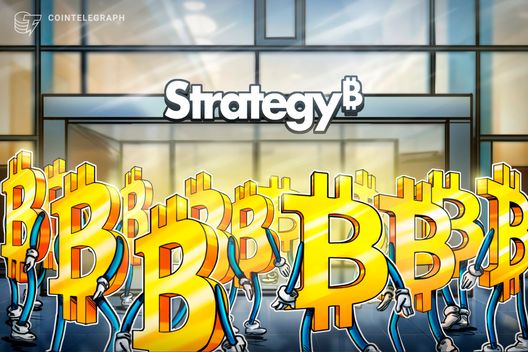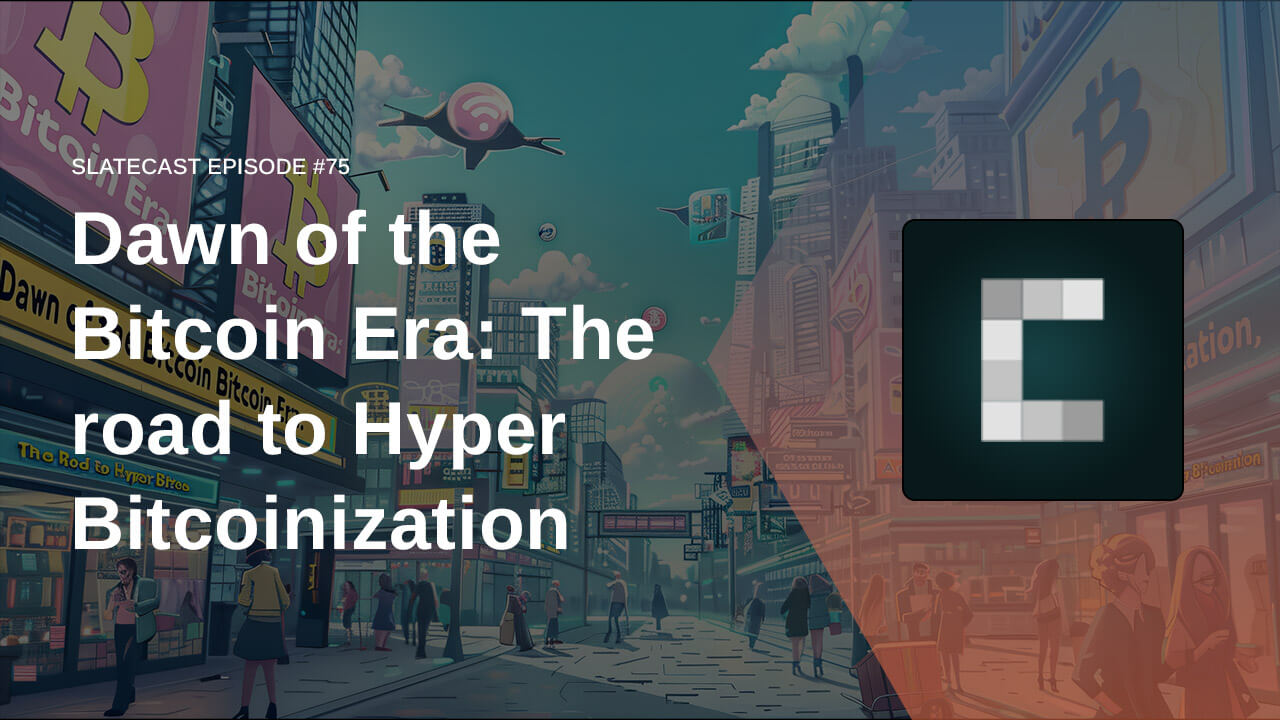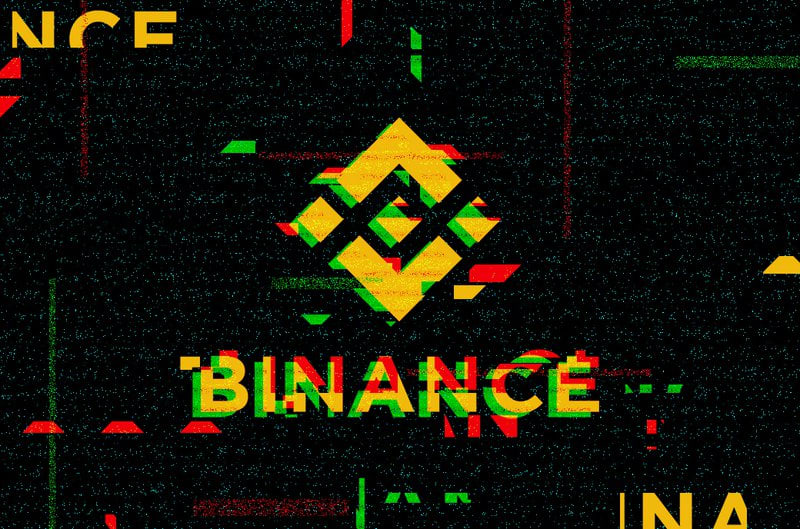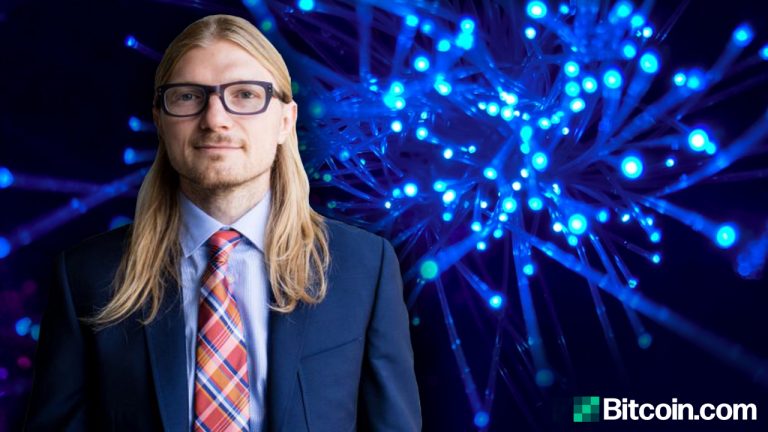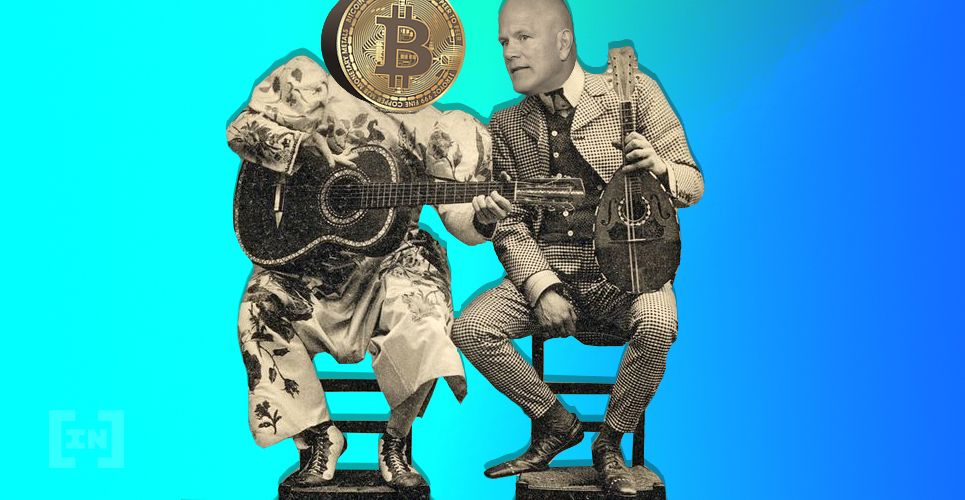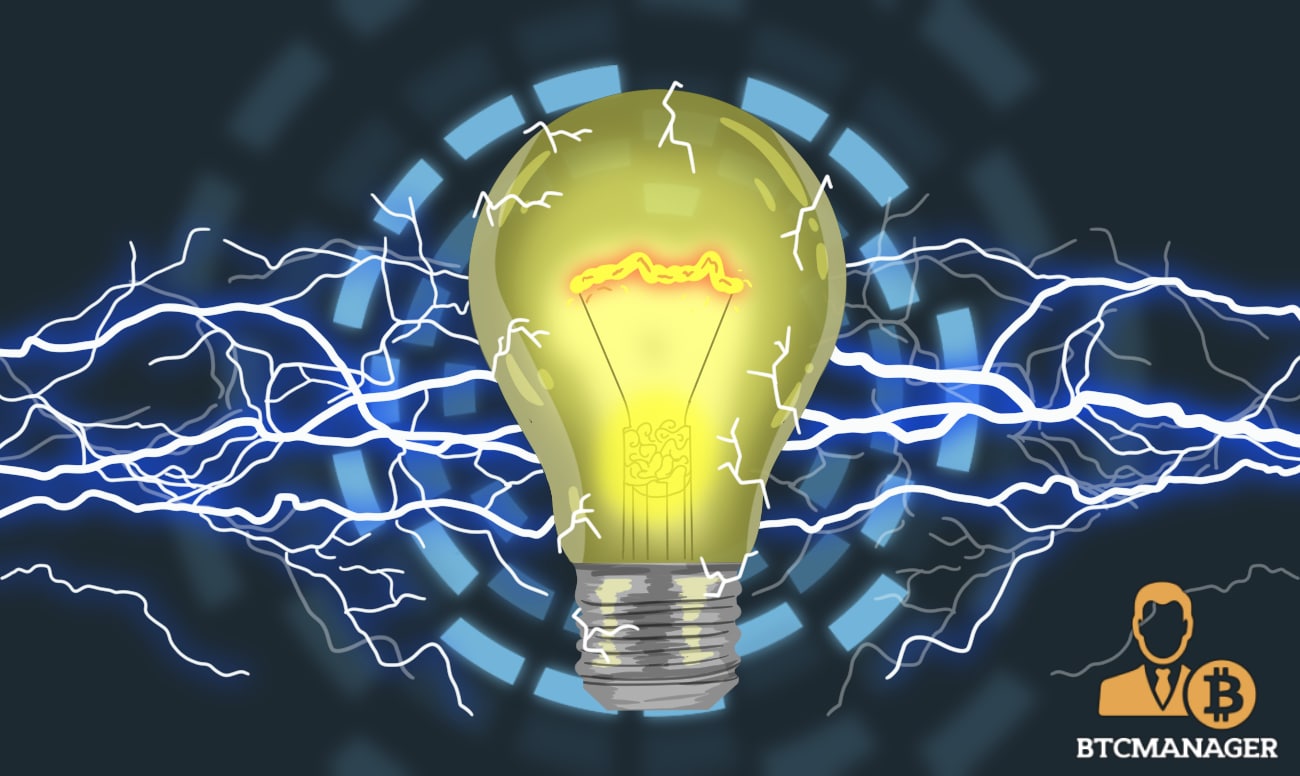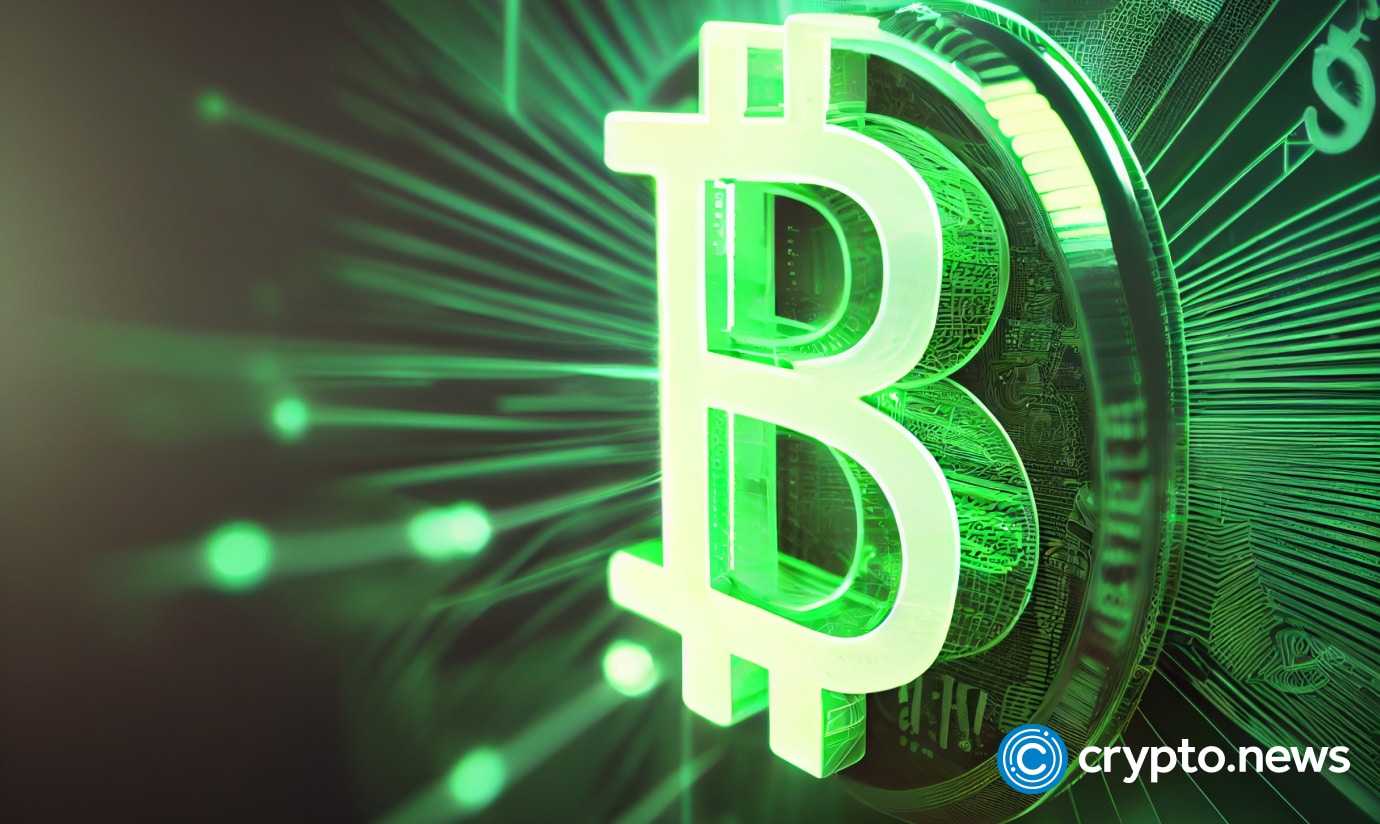2023-11-20 15:00 |
The debate over the Bitcoin Lightning Network (LN) has intensified over the past days and weeks. Critical insights came yesterday from Alexander Leishman, CEO and CTO of River, and David Marcus, an ex-Facebook executive and CEO of Lightspark. Their recent statements shed light on the potential and challenges which the LN is facing.
Leishman sparked the conversation by pointing out the challenges in user experience (UX) for consumer self-custody within the Lightning Network. He remarked, “Lightning is great for custodial to custodial transfers. Huge UX challenges for consumer self-custody with LN.” This comment underscores the difficulty average users face in managing their LN transactions, a crucial aspect of wider adoption.
Bitcoin researcher and developer Robin Linus, who gained significant attention last month following the publication of his “BitVM” paper, added: “It’s time to admit to ourselves that we oversold Lightning to each other, presumably as a form of PTSD after the block size wars. Time to get over it. LN doesn’t work for the masses… many smart people agree Let’s just activate covenants and build Ark.”
Bitcoin Lightning Network A Failure?David Marcus, drawing from his work at Lightspark, provided a detailed perspective on the Lightning Network. His insights are rooted in 18 months of hands-on experience with the technology, addressing key challenges in the Lightning Network, with a focus on efficiency and accessibility.
Marcus began by affirming Bitcoin’s role as a viable neutral settlement asset, essential for ushering in a new era of global real-time payments.
He stressed the importance of enhancing Bitcoin’s transaction speed and cost efficiency without compromising its trust and security principles:
Bitcoin is the only viable neutral settlement asset and network that can usher in a new era of global real-time payments. Everything else is either too centralized, not secure enough, doesn’t have the required regulatory clarity, or doesn’t have the required depth of liquidity against the (fiat) currencies that people and businesses want to use for everyday transactions.
Marcus highlighted that the Lightning Network is the “only way forward, at least for now.” He also acknowledged that while the Lightning Network used to be complex with high failure rates for larger transactions, these issues have been largely mitigated. Marcus attributes this progress to improved software and services in the industry, which have made the network more accessible and user-friendly, especially for enterprises and custodians.
“To be clear, the above works exceptionally well for enterprises, and custodians. It allows them to settle BTC in near-real time, at a very low cost, in a private, compliant, and reliable way,” Marcus remarked.
A key development highlighted by Marcus is the introduction of the Universal Money Address (UMA) standard. This innovation extends LNURL (a protocol enhancing the Lightning Network’s user experience), adding compliance and foreign exchange capabilities, which simplifies the process of sending and receiving various currencies in real time.
Marcus emphasized that this feature allows consumers and businesses to transact seamlessly without needing to understand the underlying Bitcoin or Lightning technologies.
Addressing The Challenges AheadDespite these advancements, Marcus points out that the Lightning Network still faces significant challenges, particularly in non-custodial settings. He identified two primary issues: the difficulty of receiving transactions offline and the high costs associated with opening channels for smaller transactions.
He stated:
About (1) — if you’re running a node on your device unless your app is foregrounded (iOS), or if you have bad connectivity, you won’t be able to receive an incoming transaction. And (2) — opening channels with higher L1 fees is currently cost-prohibitive.
Marcus acknowledged ongoing efforts by companies like Lightning Labs, Spiral, and his own with Lightspark in tackling these challenges. However, he emphasized that achieving full support for non-custodial Lightning with offline reception remains a complex task, requiring trade-offs between usability, cost, and trustlessness.
In addition to technical challenges, Marcus touched upon the need for pushing identity and addressing self-sovereignty. The reliance on DNS for LNURL, and by extension, UMA, though beneficial for user experience, raises concerns about user reliance on custodians for addressing services. He mentioned the exciting work being done with Decentralized Identifiers (DIDs) and the potential for exploring bridges with Ethereum Name Service (ENS) in the future.
Marcus’ conclusion is nevertheless extremely positive: “Lightning is seeing more talent flock to it rather than leave it. It’s ready for primetime and mass market for exchanges, custodial wallets, banks, and institutions. […] We’re about to see Bitcoin become the standard protocol for money on the internet with mass adoption on the horizon. It’ll require tradeoffs and collective efforts, but I’m more bullish than ever on our odds of success.”
Leishman’s Response And Further ClarificationResponding to Marcus, Leishman agreed that, in addition to the challenges mentioned, the capital lockup required for consumer non-custodial wallets presents a significant barrier. This issue, he noted, hinders the economic scalability of the Lightning Network for consumer use beyond niche markets. He suggested the need for innovations around multi-party channels, albeit with some trust compromises, to overcome this hurdle.
Leishman also defended the Lightning Network against its critics, acknowledging its growing value and usability. He recognized the significant advancements made by developers on the Lightning network:
People hating on Lightning are making a mistake. Its value and usability has grown tremendously in recent years. Its weaknesses are well known to anyone actually building on it and really cool stuff is coming down the road. The builders will build and the haters will hate.
At press time, Bitcoin traded at $37,211.
origin »Bitcoin price in Telegram @btc_price_every_hour
Bitcoin (BTC) на Currencies.ru
|
|
